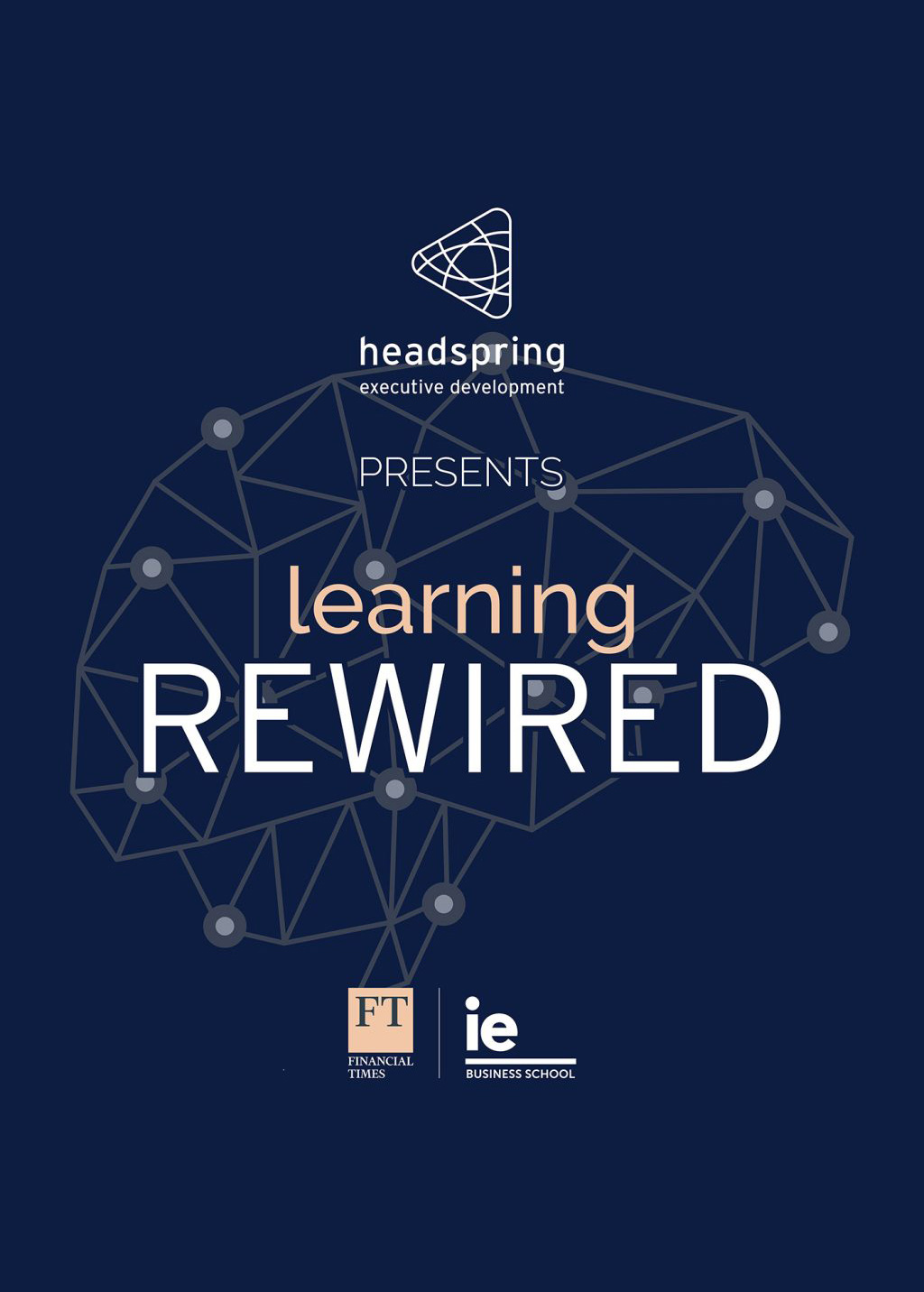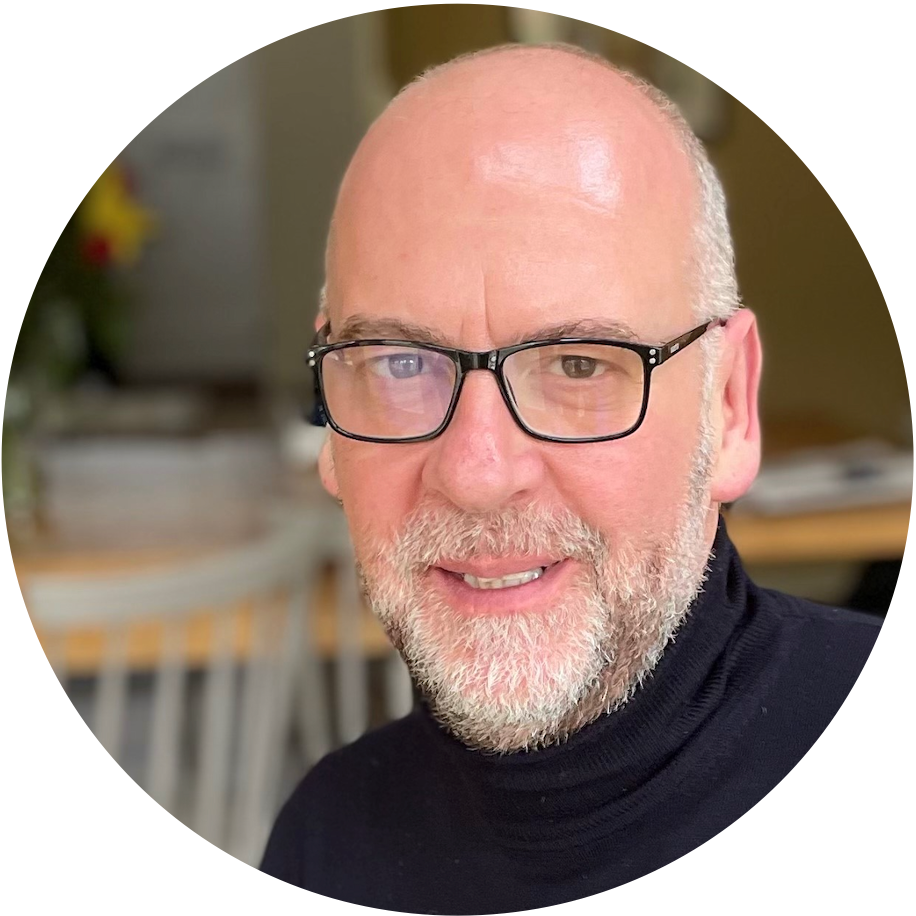David Liddle is CEO of the leading transformational culture consultancy, The TCM Group. He is also founding president of the Institute of Organizational Dynamics and author of Managing Conflict (Kogan Page/CIPD).
David created the FAIR Model™ which is the benchmark mediation and investigations model in use in workplaces across the UK. In 2014, frustrated with the corrosive and damaging systems for addressing issues in the workplace, David launched his innovative Resolution Policy™ which numerous organisations have now adopted to replace their outdated discipline and grievance procedures.
David was recently named on HR Magazine’s list of Most Influential thinkers. His new book Transformational Culture was released in September (Kogan Page).
Learn more about David Liddle 
